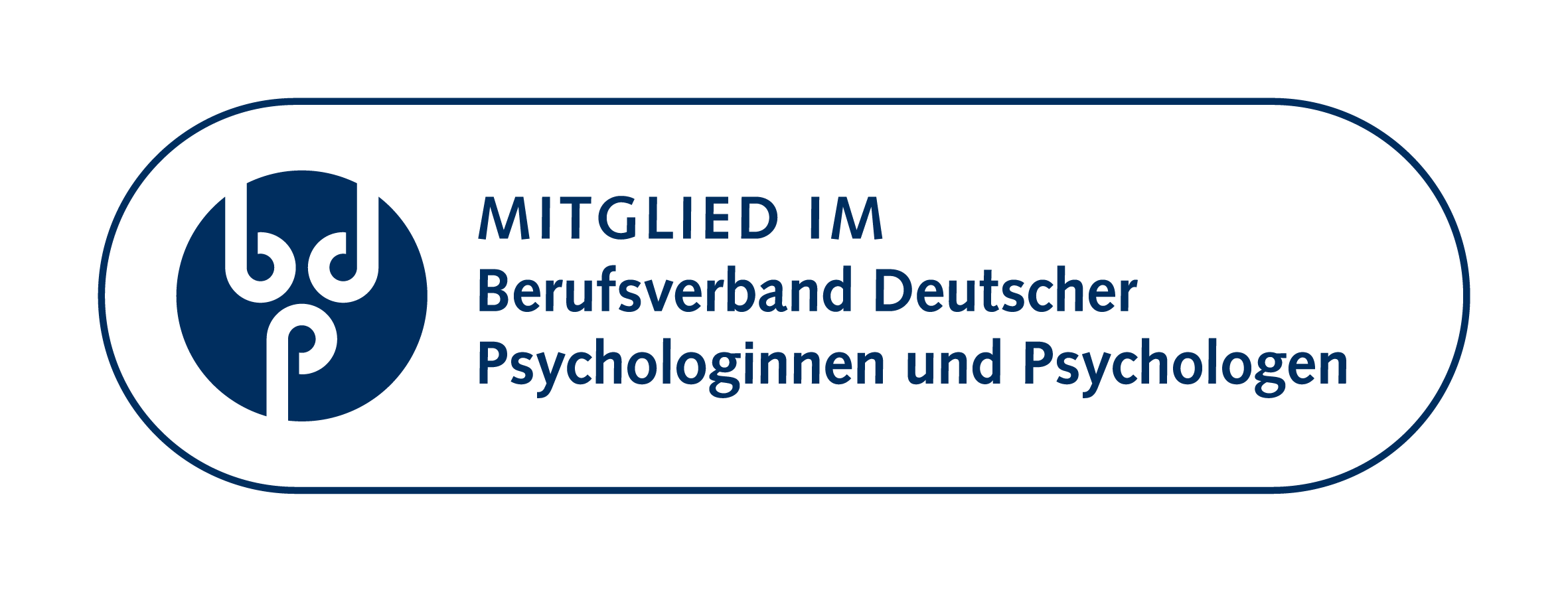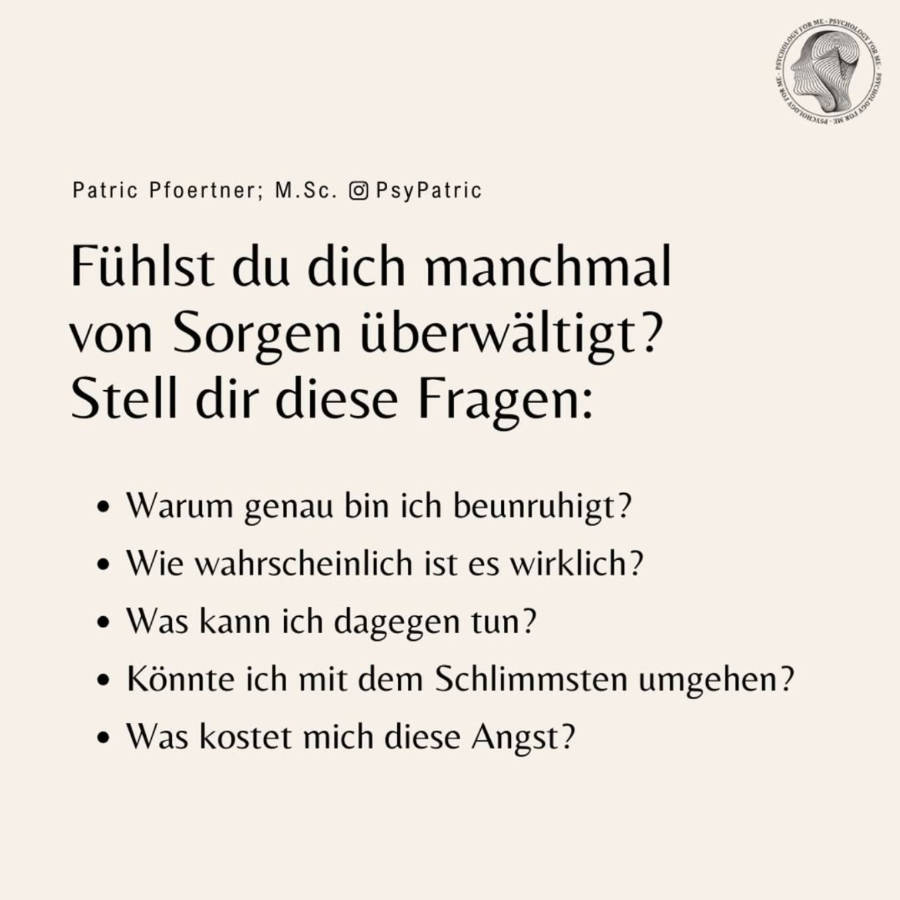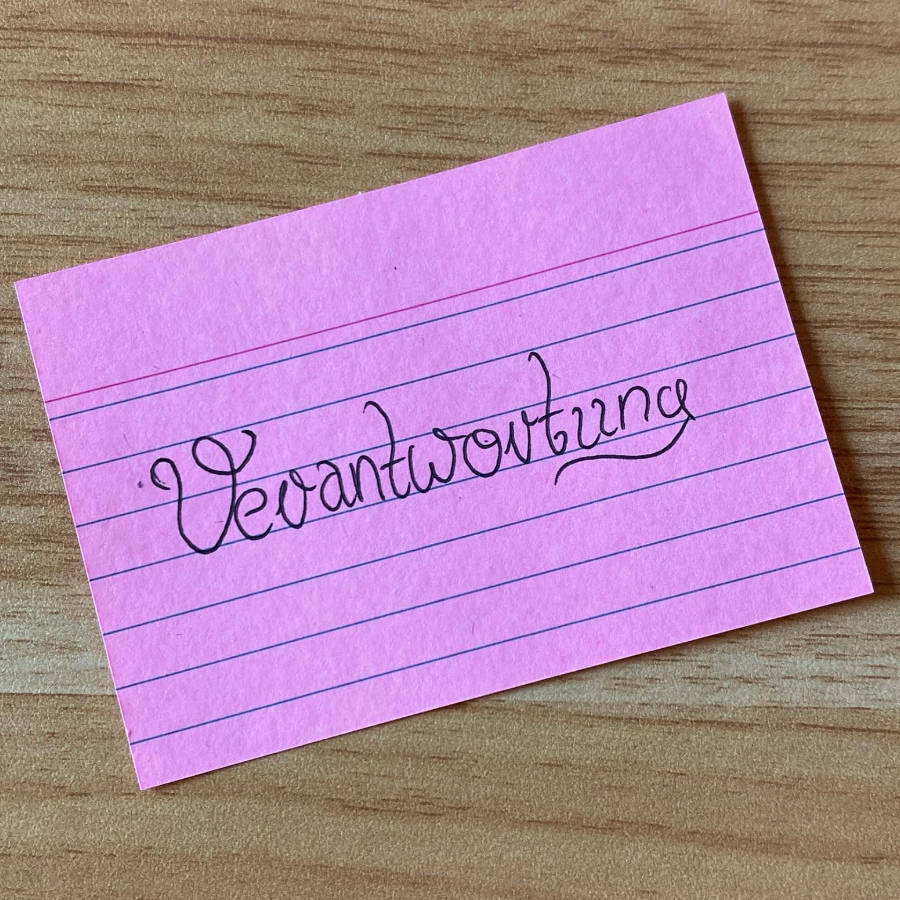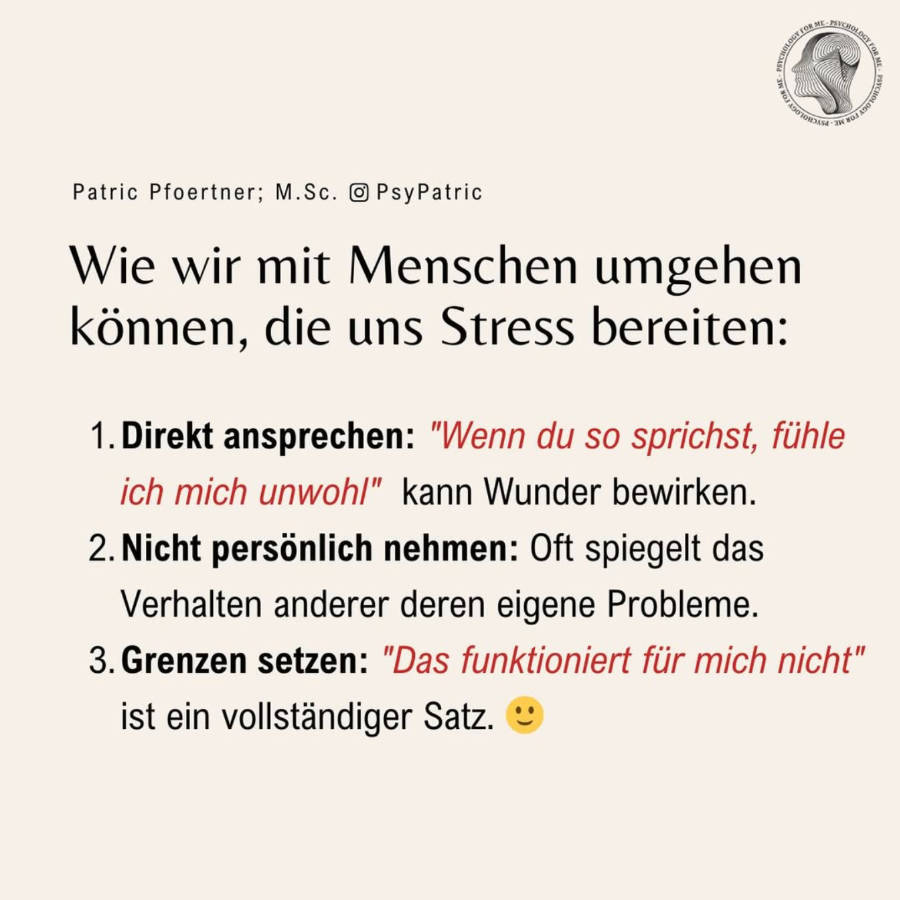Understanding Your Journey Through Separation: A Psychologist's Perspective
Navigating the end of a significant relationship can be one of life's most challenging experiences. Whether it was a mutual decision or came as a shock, the emotional aftermath, often referred to as grief, can feel overwhelming and isolating. It's a journey filled with a complex mix of sadness, anger, confusion, and sometimes even relief, all while trying to redefine your sense of self and future.
As a psychologist, I frequently see individuals grappling with the profound impact of separation. There's no one-size-fits-all timeline for healing, and everyone's process is unique. However, understanding where you stand emotionally can be a powerful first step towards genuine recovery and growth.
Our "Navigating Separation" self-assessment is designed to offer you a moment of self-reflection. This confidential tool provides insights into:
- Your current emotional processing of the breakup.
- How the separation might be affecting your daily life and well-being.
- Areas where you might benefit from focused self-care or additional support.
Common Questions About Breakup Grief
Many individuals find themselves asking similar questions as they navigate the complexities of separation. Here are some of the most common concerns I hear in my practice:
How long does it take to truly heal from a breakup?
There's no definitive answer, as healing is deeply personal. It's not a linear process; you might have good days and bad days. Factors like the length and intensity of the relationship, the circumstances of the breakup, and your individual coping style all play a role. Focus on small steps forward rather than a fixed deadline.
Is it normal to still feel so sad or angry months later?
Absolutely. Grief manifests in many ways, including sadness, anger, frustration, and even guilt. These emotions are a natural part of processing loss. Suppressing them can prolong the healing process. Acknowledging and allowing yourself to feel these emotions, without judgment, is crucial.
When should I consider seeking professional help for breakup recovery?
If your emotions feel consistently overwhelming, if you find yourself unable to engage in daily activities, or if you notice prolonged symptoms of depression, anxiety, or severe self-blame, it might be beneficial to seek professional support. A therapist can provide tools, strategies, and a safe space to process your feelings and develop healthy coping mechanisms.
What are healthy ways to cope and move forward?
Focus on self-care: prioritize sleep, nutrition, and physical activity. Reconnect with hobbies or discover new ones. Lean on your support system of friends and family. Practice self-compassion and remind yourself that it's okay not to be okay. Gradually, re-engage with activities that bring you joy and help you redefine your life independent of the past relationship.
Remember, this self-assessment is a starting point, a gentle invitation to reflect on your inner experience. Be kind to yourself throughout this process, and know that seeking support is a sign of strength, not weakness. Your journey towards healing and rediscovering your strength is valuable and worth nurturing.
























